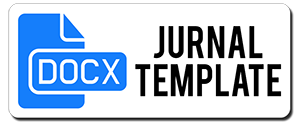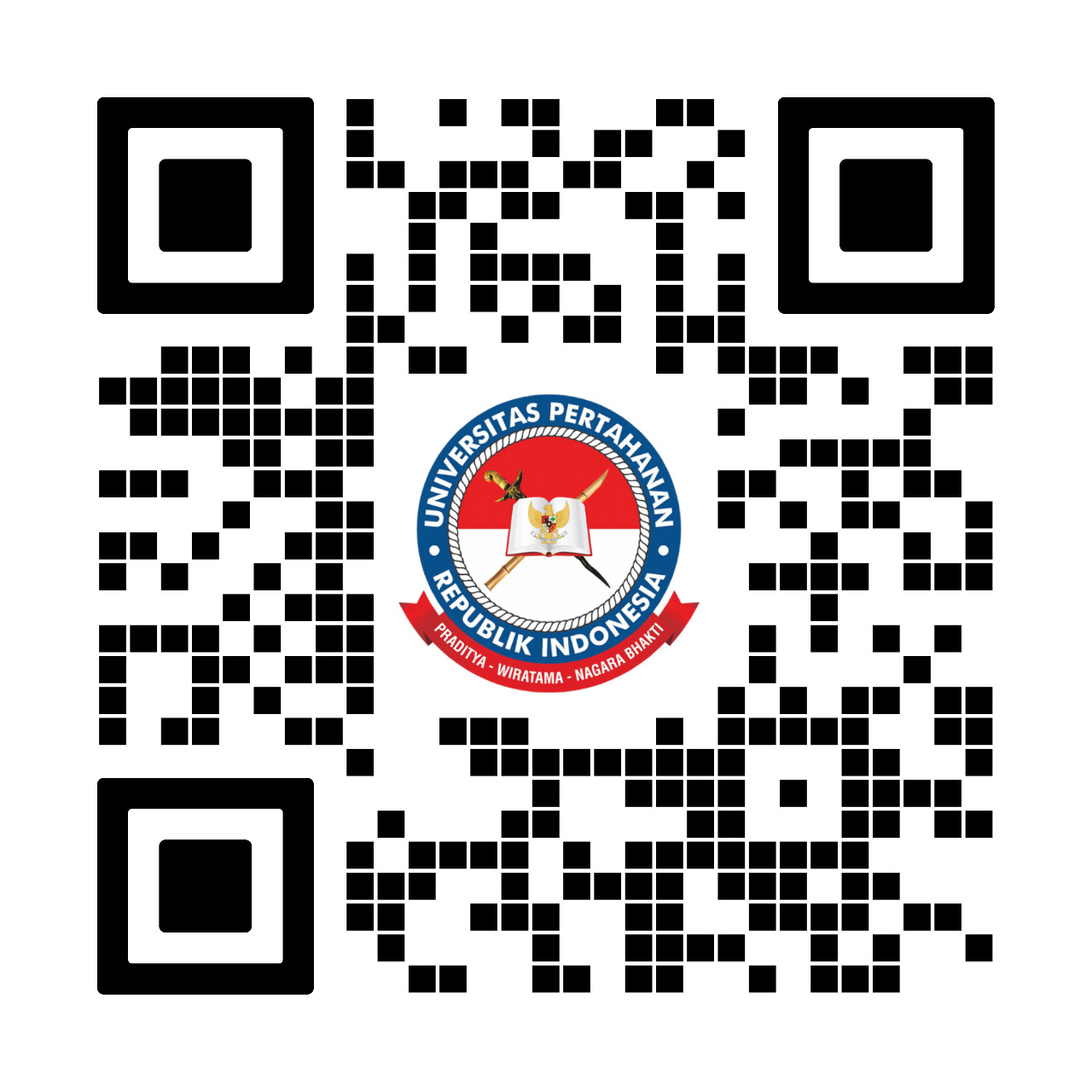Focus and Scope
MUNISI: Military Mathematics and Natural Sciences promotes researches in the field of Applied Mathematics and Natural Sciences in Military and Defense. The editorial contents and elements that comprise the journal include: research articles; review articles; and short communication.
The scope of MUNISI: Military Mathematics and Natural Sciences include:
- Chemical, Biological, Radiological, Nuclear, and high yield Explosives (CBRNE);
- Chemistry for defense and its aspects, including propellant and explosive chemistry, chemical weapon and warfare, chemical forensics and forensic chemistry.
- Physics for defense and its aspects, including nuclear and medical physics, theoretical and computational physics, material physics, earth and atmospheric physics, and instrumentation Physics.
- Biological Sciences, biodefense, biotoxicolocy, bioforensics, and/ or its relation to millitary/defense science, including plant biology, animal scinces, and microbiology, biotechnology, molecular biology, physiology, anatomy, morphology, ecology and environmental sciences.
- Applied mathematics, computational mathematics, and statistical mathematics including mathematics modelling for defense, optimizations, military operations research, statistics for military and defense, and applied algebra.
Section Policies
Article of Research
Article of Review
Peer Review Process
The manuscript submitted to the MUNISI: Military Mathematics and Natural Sciences management system is evaluated by the editors and field editors within two weeks at the latest. The manuscripts are critically evaluated based on the journal’s submission criteria:
- scope of the journal and appropriateness to the field of study
- evaluation of the similarity
- appropriateness to the writing rules
- Publication language
The manuscript passed from pre-assessment of editors and fields editors are forwarded to at least two referees anonymous referees who are specialized in the field concerned for contribution, originality, relevance, and presentation. In the review process, MUNISI: Military Mathematics and Natural Sciences involves writers, editors, section editors, and reviewers. In the review process, MUNISI: Military Mathematics and Natural Sciences applies the Double-Blind Review model to maintain confidentiality.
These referees state their decision on whether they take the submitted manuscript into an evaluation or not to the publication board within two weeks at the latest. If the referees don’t state an opinion to the publication board, new referees are assigned the reviewing the manuscript.
The assigned referees evaluate the study by using a standard manuscript evaluation form. Moreover, the assigned referees may also present their views and thoughts in the full paper and send it to the publication board. Evaluation of journal reviewers takes 2 weeks to 6 weeks.
Views of the referees serve as a guide to editors and field editors to make the final decisions. The final decision always belongs to editors and field editors.
Referees can state the following four views for the submitted manuscript:
- Acceptance for publication
- Acceptance for publication after minor revision (it is decided after revisions are checked by the editorial board)
- Reviewing again after the major revision is done. After revision is made by the writers of the study, it is evaluated for the second tour.
-It is not published (rejection)
After the reviewers’ evaluation is completed, the views of the referees are examined for at approximately 1 to 2 weeks by editors and field editors.
Editors and field editors give the final decisions for the study by taking into consideration of views and suggestions of referees. The final decision is sent to the author.
Articles that have been submitted take an average of about 4-8 weeks to be published online.
Open Access Policy
This journal provides immediate open access to its content on the principle that making research freely available to the public supports a greater global exchange of knowledge.




